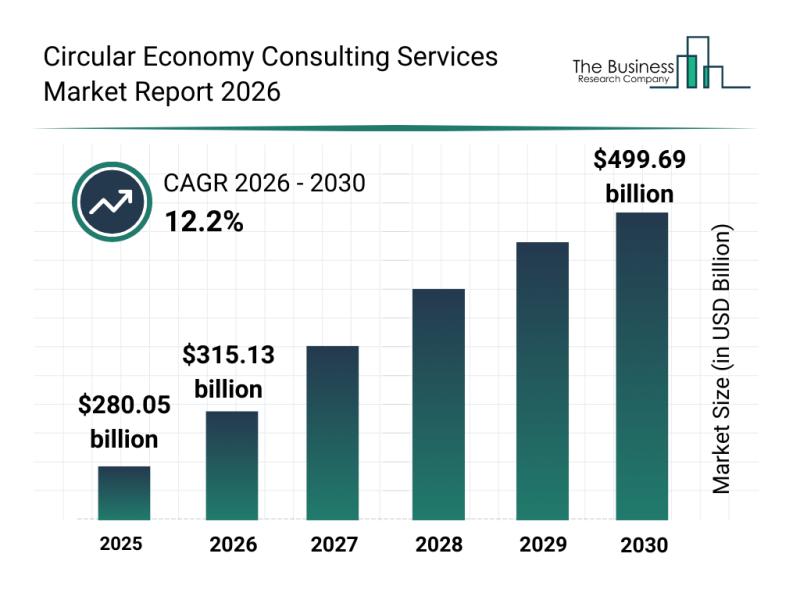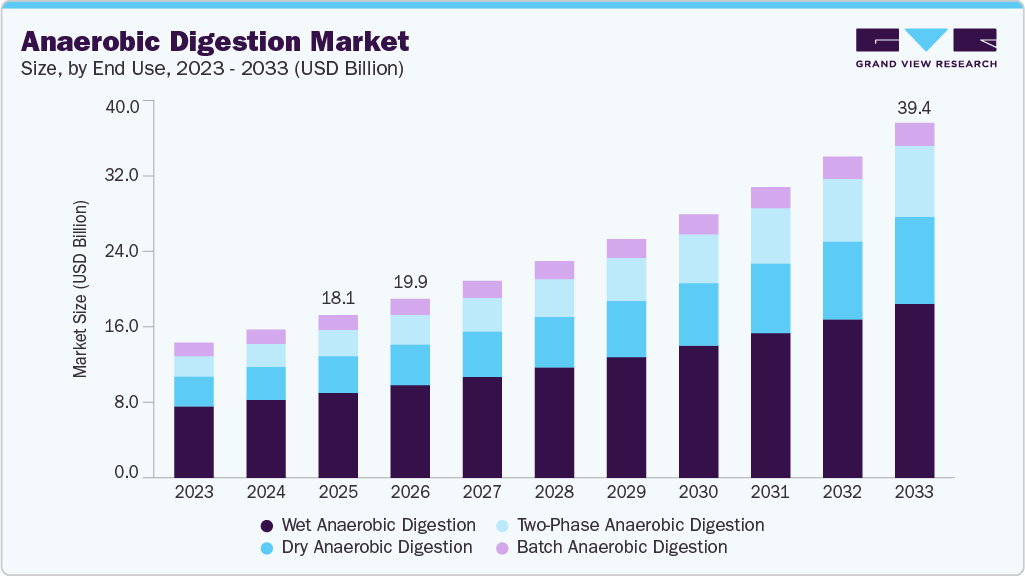Women’s Entrepreneurship EXPO 2025 opens new doors for businesswomen from Montenegro and Serbia – UN Women Europe and Central Asia

Report on the Women’s Entrepreneurship EXPO 2025: Advancing Sustainable Development Goals through Gender-Responsive Economic Empowerment
Executive Summary
The Women’s Entrepreneurship EXPO 2025 was held in Belgrade on 7 October, convening over 30 women entrepreneurs from Montenegro and Serbia with more than 150 corporate representatives from France and the Western Balkans. The event, organized by the Chambre de Commerce et d’Industrie France Serbie and UN Women with funding from the European Union, focused on unlocking the economic potential of women-led businesses. This initiative directly supports the achievement of several Sustainable Development Goals (SDGs), primarily SDG 5 (Gender Equality), SDG 8 (Decent Work and Economic Growth), and SDG 17 (Partnerships for the Goals), by fostering an inclusive entrepreneurial ecosystem.
Event Overview and Objectives
The EXPO operated under the theme “Gender Equality in a Changing World – Unlocking Growth Potentials for Women Entrepreneurs through Gender Responsive Procurement.” Its core objectives were aligned with the 2030 Agenda for Sustainable Development.
- Objective 1: Promote Economic Empowerment: To provide a platform for women entrepreneurs to scale their businesses, thereby contributing to SDG 5 by enhancing women’s roles in economic decision-making.
- Objective 2: Foster Inclusive Growth: To connect women-led businesses with new markets and partners, advancing SDG 8 by promoting sustained, inclusive, and sustainable economic growth.
- Objective 3: Strengthen Partnerships: To facilitate collaboration between entrepreneurs, private sector entities, and international organizations, exemplifying the multi-stakeholder approach of SDG 17.
- Objective 4: Address Systemic Barriers: To advocate for gender-responsive procurement to reduce inequalities faced by women in business, in line with SDG 10 (Reduced Inequalities).
Key Findings and Discussions
Discussions throughout the event highlighted both challenges and progress related to women’s economic participation in the region.
- Underrepresentation in Business Leadership: Data presented indicates that women’s participation in firm ownership and management in the Western Balkans remains low at 20%. This disparity underscores the critical need for targeted interventions to achieve SDG 5, specifically Target 5.5 concerning women’s leadership.
- Economic Case for Gender Equality: It was affirmed that corporate investment in women’s employment and leadership enhances organizational effectiveness and drives economic growth, a central tenet of SDG 8.
- Positive Trends in Serbia: Encouraging data from Serbia shows that women now comprise 30% of all entrepreneurs and 70% of new entrepreneurs over the past decade, indicating positive momentum towards achieving gender equality in the economic sphere.
- Procurement as a Barrier to Equality: A panel discussion concluded that complex and unclear public procurement processes pose significant challenges for women entrepreneurs. Reforming these systems to be gender-responsive is essential for creating a level playing field and advancing SDG 10.
Outcomes and Strategic Initiatives
The EXPO facilitated several activities designed to produce tangible outcomes for participants and the broader entrepreneurial ecosystem.
- Business-to-Business (B2B) Meetings: Women entrepreneurs engaged in direct meetings with representatives from French and Western Balkan companies, opening pathways for new collaborations and market access, which directly supports the goals of SDG 8.
- Expert Village Showcase: This dedicated space allowed participants to present their products and services, increasing their visibility among potential partners and investors and fostering innovation.
- Advocacy for Gender-Responsive Procurement (GRP): The focused panel discussion explored how simplifying public procurement can unlock growth opportunities, highlighting GRP as a key policy tool for advancing SDG 5.
- Capacity Building and Networking: Through interactive sessions and knowledge exchange, the event strengthened the regional network of women entrepreneurs, reinforcing the collaborative spirit of SDG 17.
Conclusion
The Women’s Entrepreneurship EXPO 2025 serves as a cornerstone initiative for strengthening the entrepreneurial ecosystem in Europe and Central Asia. By creating a space for connection, learning, and business development, the platform actively promotes SDG 5 (Gender Equality) as a fundamental driver of inclusive economic development, as outlined in SDG 8. The event’s success, built on a foundation of multi-stakeholder collaboration, demonstrates a practical application of SDG 17 to achieve measurable progress towards a more equitable and sustainable economy.
1. Which SDGs are addressed or connected to the issues highlighted in the article?
-
SDG 5: Gender Equality
This is the central theme of the article. The Women’s Entrepreneurship EXPO is explicitly designed to promote “Gender Equality in a Changing World.” The article discusses the need to empower women-led businesses, give them equal opportunities, and increase their participation in the economy. It highlights the goal of strengthening “the entrepreneurial ecosystem and promotes gender equality as a driver of economic development.”
-
SDG 8: Decent Work and Economic Growth
The article focuses on “unlocking growth potentials for women entrepreneurs” and how their economic participation “boosts organizational effectiveness and drives growth.” The EXPO aims to help women entrepreneurs scale their businesses, access new markets, and create new business opportunities, which directly contributes to sustainable economic growth and the creation of decent work.
-
SDG 10: Reduced Inequalities
The initiative addresses the economic inequality faced by women in the Western Balkans. The article cites data showing that “women’s participation in firm ownership and management remains low – at 20%.” By creating a platform to support and promote women-led businesses, the EXPO works towards the economic inclusion of women and aims to help them “compete on an equal footing,” thereby reducing gender-based economic inequality.
-
SDG 17: Partnerships for the Goals
The event itself is a multi-stakeholder partnership. The article states it was “Organized by the Chambre de Commerce et d’Industrie France Serbie in collaboration with UN Women, and funded by the European Union.” It also mentions a broader partnership platform involving the European Bank for Reconstruction and Development (EBRD) and others. This collaboration between international organizations, private sector entities, and entrepreneurs exemplifies the spirit of SDG 17.
2. What specific targets under those SDGs can be identified based on the article’s content?
-
Target 5.5: Ensure women’s full and effective participation and equal opportunities for leadership in economic life.
The article directly addresses this target by focusing on the low participation of women in firm ownership and management in the Western Balkans. The EXPO’s purpose is to provide “a space for women entrepreneurs to share their experiences, ideas, and visions of how women’s leadership and innovation can reshape the economy when given equal opportunities.”
-
Target 5.c: Adopt and strengthen sound policies for the promotion of gender equality.
The panel discussion on “how gender-responsive procurement can unlock growth opportunities for women entrepreneurs” is a direct reference to this target. The discussion highlights the need to simplify and open public procurement systems to help women-led businesses, which is a policy-level change to promote gender equality.
-
Target 8.3: Promote development-oriented policies that support entrepreneurship, creativity and innovation, and encourage the growth of micro-, small- and medium-sized enterprises.
The entire initiative described in the article is a practical application of this target. The EXPO is a platform that supports women entrepreneurs, fosters innovation (e.g., “Zuno Games”), and provides networking and B2B opportunities to help small and medium enterprises scale their businesses and access new markets.
-
Target 17.17: Encourage and promote effective public, public-private and civil society partnerships.
The organization of the EXPO is a clear example of this target in action. The article details the collaboration between UN Women (public/civil society), the European Union (public), the Chambre de Commerce et d’Industrie France Serbie (private), and women entrepreneurs, demonstrating a partnership to achieve common development goals.
3. Are there any indicators mentioned or implied in the article that can be used to measure progress towards the identified targets?
-
Proportion of women in firm ownership and management positions.
The article provides specific baseline data that can be used as an indicator. It states that in the Western Balkans, “women’s participation in firm ownership and management remains low – at 20%.” It further specifies that “Women own a majority share in 15% of small firms, but in fewer than 10% of large firms.” Progress can be measured by tracking the increase in these percentages over time.
-
Proportion of entrepreneurs who are women.
The article provides an encouraging statistic for Serbia that serves as a direct indicator of progress in women’s entrepreneurship. It notes that “women now make up 30% of all entrepreneurs and 70% of the ‘new’ entrepreneurs compared to a decade ago.” This data point can be used to track the growth of women’s participation in entrepreneurship.
-
Access of women-led businesses to public procurement.
While no specific numbers are given, the article implies this as a key indicator. The panel discussion focused on the “significant challenges” women entrepreneurs face in public tenders. An indicator of progress would be an increase in the number or value of public contracts awarded to women-led businesses after implementing gender-responsive procurement policies.
4. Create a table with three columns titled ‘SDGs, Targets and Indicators” to present the findings from analyzing the article.
| SDGs | Targets | Indicators |
|---|---|---|
| SDG 5: Gender Equality | Target 5.5: Ensure women’s full and effective participation and equal opportunities for leadership in economic life. | Proportion of women in firm ownership and management (Baseline: 20% in Western Balkans, 15% in small firms, |
| Target 5.c: Adopt and strengthen sound policies for the promotion of gender equality. | Implementation of gender-responsive procurement policies to address challenges in public tenders. | |
| SDG 8: Decent Work and Economic Growth | Target 8.3: Promote policies that support entrepreneurship and the growth of small- and medium-sized enterprises. | Proportion of entrepreneurs who are women (Data point: 30% of all entrepreneurs in Serbia are women; 70% of ‘new’ entrepreneurs are women). |
| SDG 10: Reduced Inequalities | Target 10.2: Empower and promote the social and economic inclusion of all. | Increased participation of women-led businesses in the formal economy and their ability to compete on an “equal footing.” |
| SDG 17: Partnerships for the Goals | Target 17.17: Encourage and promote effective public, public-private and civil society partnerships. | Existence and success of multi-stakeholder partnerships (e.g., UN Women, EU, Chambers of Commerce) to support women’s entrepreneurship. |
Source: eca.unwomen.org
What is Your Reaction?
 Like
0
Like
0
 Dislike
0
Dislike
0
 Love
0
Love
0
 Funny
0
Funny
0
 Angry
0
Angry
0
 Sad
0
Sad
0
 Wow
0
Wow
0














































;Resize=620#)






























